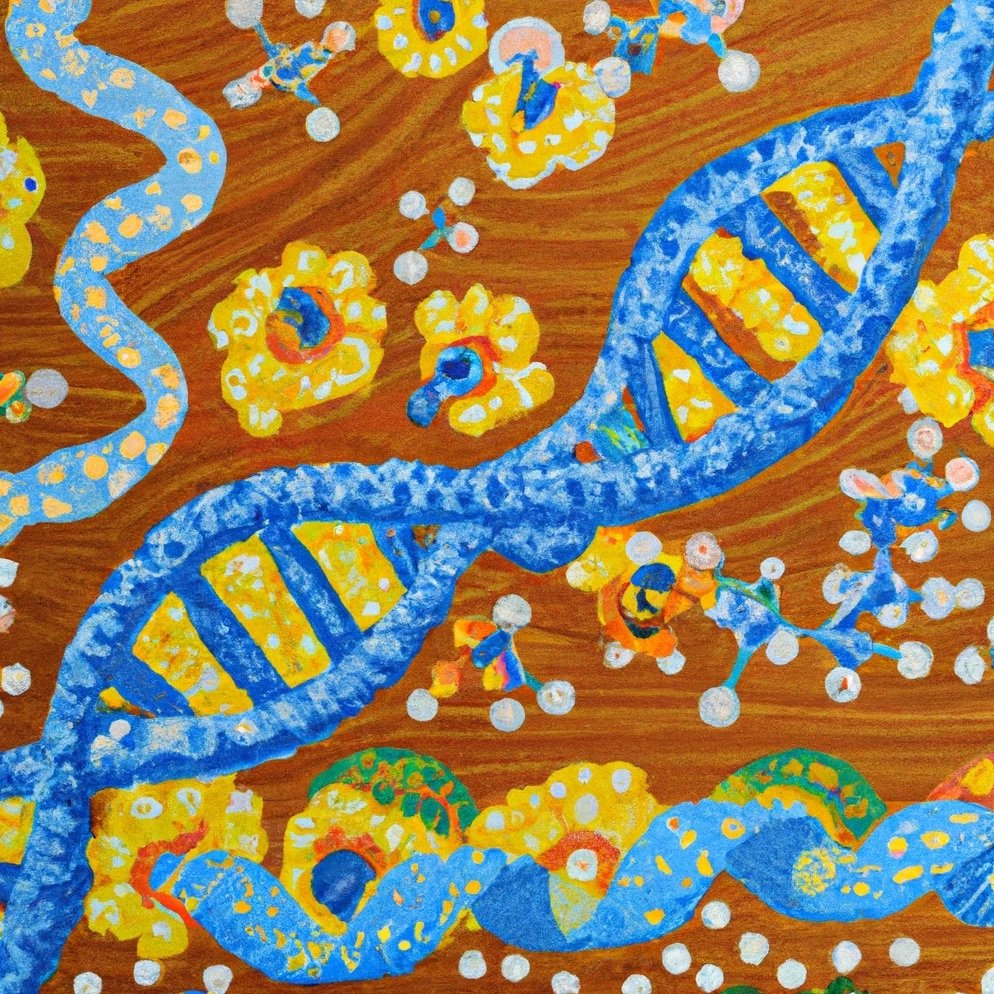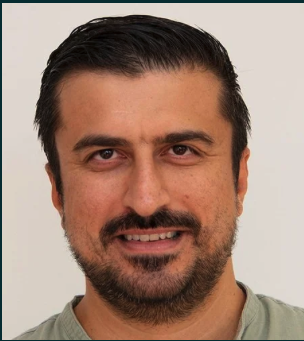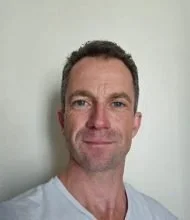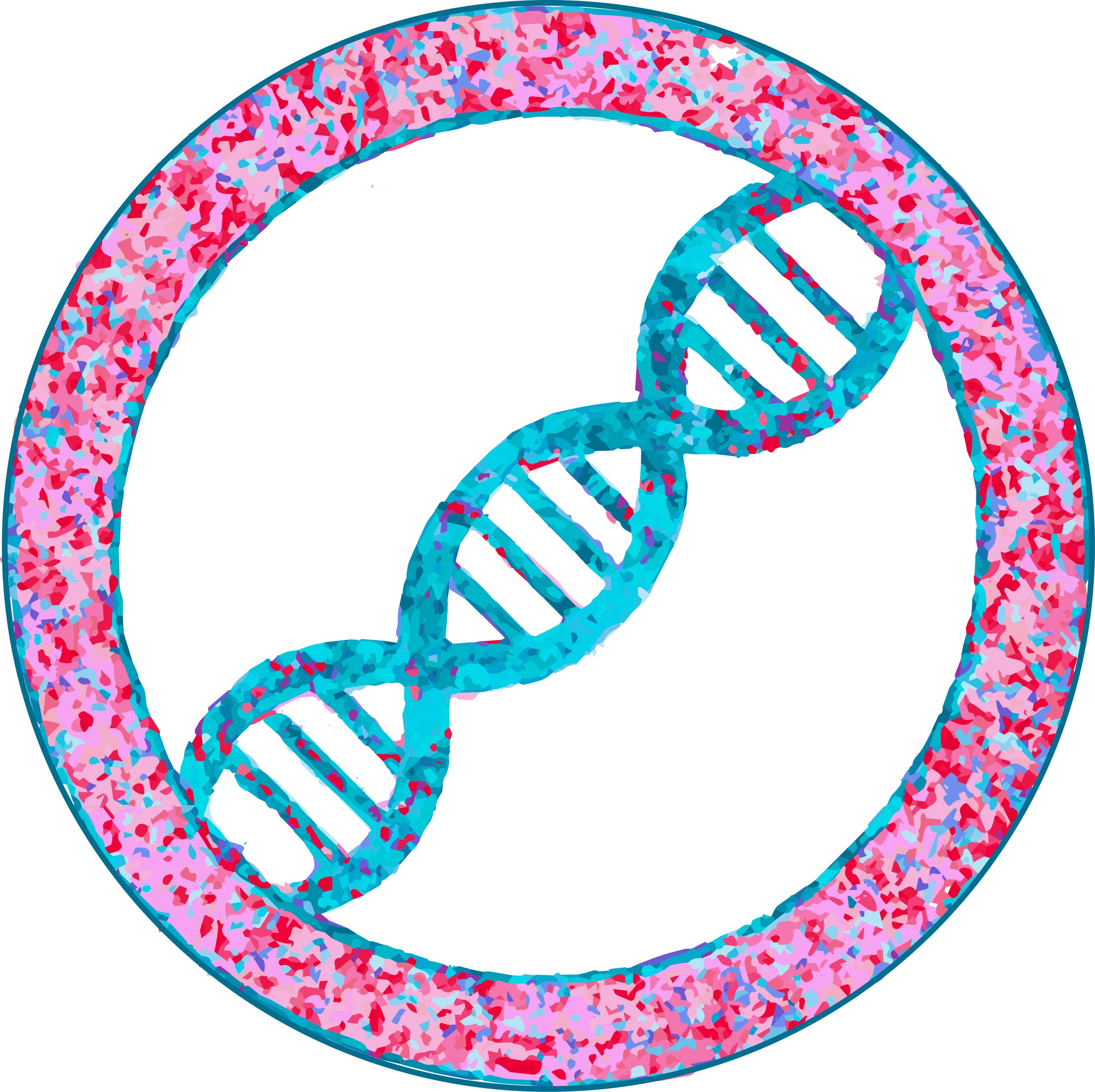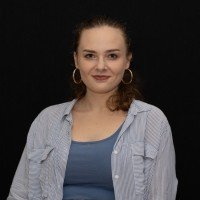
Prekovic Lab at UMC Utrecht
Chromatin-related factors and lineage plasticity
Computational Oncogenomics
News
15/12/2025
If you are interested - read our new review on microplastics here!
15/11/2025
Theofilos has won a poster prize at the Nuclear receptor research network meeting!!! Congratulations Theo!
15/12/2025
Ellen, Natalie and Basma have finished their respective internships in our lab! It was great having you around!
01/09/2025
Emma Epeslidou has returned to the lab, now as a PhD student on the ZonMw Open Competition grant staying transcriptional plasticity in response to environmental stressors. Welcome back Emma! Additionally, Bim de Klein has joined our lab as a research assistant! Welcome, Bim!
01/08/2025
Chris Munnik and Minoo Molavi have finished their respective internships in our lab! It was fun having you around!
03/04/2025
Sonia Aristin Revilla, a PhD student from the Coffer group, co-supervised by Stefan has defended her PhD thesis successfully! Congratulations Sonia!
01/04/2025
Together with Barbro Melgert of University of Groningen, Stefan has been awarded a ZonMw Open Competition grant!
The team will be working on interrogating microplastics as an environmental driver of lung cancer origin.
Summary of the project
Researchers from the University of Groningen and UMC Utrecht are investigating whether and how microplastics can contribute to the development of lung cancer. Microplastics are everywhere: in the air, water, and even in our bodies. This study examines if inhaling microplastics can change lung cells, turning them into cancer cells. The project has two main goals: first, to investigate how microplastics affect the behaviour and gene activity of lung cells, potentially leading to cancer; and second, to examine how these microplastics alter the surrounding lung tissue, making it easier for cancer to develop and spread. By combining their expertise in lung biology and cancer research, the team hopes to find new ways to prevent or treat cancer. This research is important because little is known about the health risks of environmental contaminants like microplastics. Therefore, the results from this study have the potential to influence policies on plastic use.
For older news see News Archive.
Research
Transcription factors have for years been considered attractive targets in cancer therapeutic development. Emergence of specific drugs for targeting these proteins led to optimized use in cancer treatment, with many of these drugs becoming part of standard-of-care regiments. The nuclear receptor family of transcription factors is of particular interest, as their pharmacological targeting leads to growth suppression in both solid and liquid cancers. This is best exemplified in breast and prostate cancer, for which inhibitors of Estrogen and Androgen receptors are used to stop cancer growth/progression, and lymphoid cancers where activators of the Glucocorticoid receptors induce apoptosis. While targeting nuclear receptors is initially effective, all cancers will eventually adapt and become resistant to these therapies through various mechanisms that most often include re-activation of nuclear receptor signalling through various means. Therefore, target discovery, drug development and pre-clinical testing remain a constant clinically unmet need.
Glucocorticoid Receptor in Cancer
Glucocorticoids, a class of steroid hormones, have a complex relationship with cancer. While they can suppress the immune system and promote cancer growth, they can also induce apoptosis and inhibit cancer cell proliferation. The glucocorticoid receptor (GR) plays a key role in mediating these effects, and targeting the GR pathway may be a promising strategy for treating certain types of cancer. However, further research is needed to fully understand the role of glucocorticoids in cancer and to develop effective therapies that can exploit their anti-cancer effects.
Projects related to the glucocorticoid receptor in lung and breast cancer are supported by funding from the Dutch Cancer Foundation (KWF) and are done in collaboration with Zwart lab, Netherlands Cancer Institute.
STAG2, transcription factors and lineage determination
Lung cancer is deadly, with 83% of patients dying within 5 years of diagnosis. STAG2 loss in 20% of cases leads to poor survival and a mucinous cell-like state. Our research shows altered growth patterns and metabolic changes in STAG2-deficient lung cancer cells, with vulnerabilities to PARP and BRD inhibitors. We aim to study lineage maintenance in STAG2-deficient lung cancer and test the effectiveness of these inhibitors in pre-clinical models, with the goal of developing better therapies and diagnostics to improve patient outcomes. Hear more about this research line in Stefan’s research pitch here.
Projects related to the STAG2 function in lung cancer are funded by Alpe/d’Huiz and Bus Mulder Award.
Locus-specific regulation by transcription factors
Microplastics are everywhere: in the air we breathe, the water we drink, and even inside our bodies. This project explores how these particles affect lung cells that already carry cancer-driving DNA changes. The research focuses on two key questions: how microplastics influence the activity of pre-cancerous lung cells, and how they alter the surrounding tissue in ways that might promote tumor growth and spread. By addressing these questions, the project tackles an important knowledge gap about the health risks of environmental contaminants, with findings that could help shape future cancer prevention strategies and plastic-use policies.
Our research focuses on unraveling the mystery of how steroid hormone receptors (SHRs) regulate transcriptional activity. We use FACS-based genome-wide CRISPR screening to investigate the essential components of the SHR-recruited co-regulator complex that drive transcription following hormonal stimuli. Our findings reveal a functional cross-talk between PAXIP1 and STAG2, which are critical co-regulators of the Glucocorticoid Receptor (GR) complex. We demonstrate that PAXIP1 and STAG2 are required to maintain 3D-genome architecture and drive the GR transcriptional programme following hormonal stimuli. In lung cancer, PAXIP1/STAG2 loss enhances GR-mediated tumor suppressor activity by modifying local chromatin interactions. Overall, our research introduces PAXIP1 and STAG2 as novel co-regulators of GR, opening up new avenues for understanding transcriptional regulation in hormonal signaling (Mayayo-Peralta et al, 2023, NAR).
Microplastics and cell identity
Publications
Recent publications
Pradhan A, Mounford H, Peixinho J, Rea E, Epeslidou E, Scott JS, Cull J, Maxwell S, Webster R, Beeson D, Dong YY, Prekovic S, Bermudez I, Newbury DF.Cell Mol Life Sci. 2024 Mar 12;81(1):129. doi: 10.1007/s00018-024-05149-8.PMID: 38472514
Achinger-Kawecka J, Correa S, Hu J, Li G, Lindeboom RGH, Misale S, Monkkonen T, Nirmal AJ, Prekovic S, Sinha S, Trigos AS, Watson CJ.
all authors share correspondence
Luminal breast cancer identity is determined by loss of glucocorticoid receptor activity.
Prekovic S, Chalkiadakis T*, Roest M*, Roden D, Lutz C, Schuurman K, Opdam M, Hoekman L, Abbott N, Tesselaar T, Wajahat M, Dwyer AR, Mayayo-Peralta I, Gomez G, Altelaar M, Beijersbergen R, Győrffy B, Young L, Linn S, Jonkers J, Tilley W, Hickey T, Vareslija D, Swarbrick A, Zwart W.
*denotes shared first authorship
Proteomics on malignant pleural effusions reveals ERα loss in metastatic breast cancer associates with SGK1-NDRG1 deregulation
Mayayo-Peralta I, Debets DO, Prekovic S, Schuurman K, Beerthuijzen S, Almekinders M, Sanders J, Moelans CB, Saleiro S, Wesseling J, van Diest PJ, Henrique R, Jerónimo C, Altelaar M, Zwart W. Mol Oncol. 2023 Oct 19. doi: 10.1002/1878-0261.13540. Online ahead of print.
Clarisse D, Prekovic S, Vlummens P, Staessens E, Van Wesemael K, Thommis J, Fijalkowska D, Acke G, Zwart W, Beck IM, Offner F, De Bosscher K. Cell Mol Life Sci. 2023 Aug 14;80(9):249. doi: 10.1007/s00018-023-04900-x.
Perturbations in 3D genome organization can promote acquired drug resistance.
Manjón AG, Manzo SG, Prekovic S, Potgeter L, van Schaik T, Liu NQ, Flach K, Peric-Hupkes D, Joosten S, Teunissen H, Friskes A, Ilic M, Hintzen D, Franceschini-Santos VH, Zwart W, de Wit E, van Steensel B, Medema RH. Cell Rep. 2023 Oct 31;42(10):113124. doi: 10.1016/j.celrep.2023.113124. Epub 2023 Sep 20.
Inhibiting the Glucocorticoid Receptor to Enhance Chemotherapy Response.
Prekovic S#, Zwart W. J Clin Oncol. 2023 Oct 20;41(30):4790-4793. doi: 10.1200/JCO.23.01195. Epub 2023 Aug 3.
#denotes corresponding authorship
PAXIP1 and STAG2 converge to maintain 3D genome architecture and facilitate promoter/enhancer contacts to enable stress hormone-dependent transcription
Mayayo-Peralta I, Gregoricchio S, Schuurman K, Yavuz S, Zaalberg A, Kojic A, Abbott N, Geverts B, Beerthuijzen S, Siefert J, Severson TM, van Baalen M, Hoekman L, Lieftink C, Altelaar M, Beijersbergen RL, Houtsmuller AB, Prekovic S#, Zwart W#. Nucleic Acids Res. 2023 Apr 18:gkad267. doi: 10.1093/nar/gkad267.
#denotes co-corresponding authorship
Team
Group photo
Assistant professor / Group leader
Postdoc: Computational biology/Omics, Netherlands Cancer Institute, Netherlands
PhD: Biochemistry/Bioinformatics, KU Leuven, Belgium
BSc/MSc: Molecular Genetics, University of Belgrade, Serbia
Stefan Prekovic
Born and raised in a quaint Serbian town, I earned my BSc/MSc degrees from the University of Belgrade before relocating to Belgium. There, I joined Frank Claessens' lab, exploring the androgen receptor's role in diverse diseases. Later, as a postdoctoral researcher at the Netherlands Cancer Institute, I worked with Wilbert Zwart on investigating transcription factor action in various cancer types using omics, screening, and computational methodologies.
Born in Heraklion, Crete, Theofilos Chalkiadakis. began his academic journey at the University of Crete, earning a BSc in Biology. He then pursued an MSc in Bioinformatics from the joint program of Universiteit van Amsterdam and Vrije Universiteit Amsterdam in the Netherlands. Currently, Theofilos is focusing on utilizing computational strategies to unravel the complex actions of transcription factors, further advancing our understanding of their roles and impacts.
MSc: Bioinformatics, Universiteit van Amsterdam/Vrije Universiteit Amsterdam, Netherlands
BSc: Biology, University of Crete, Greece
PhD student
Theo Chalkiadakis
Born in Thessaloniki, Greece, Emmanouela Epeslidou recently completed her undergraduate MSci Biology studies at the University of Ioannina, where she majored in Biomolecular Sciences and Biotechnology. Emmanouela has amassed valuable research experience through internships at prestigious institutions like the Netherlands Cancer Institute and AHEPA General University Hospital. Her undergraduate thesis focused on investigating the potential anticancer activity of Pimozide in lung cancer mouse models.
PhD student
BSc/MSc: Biological Applications and Technology, University of Ioannina, Greece
Emma Epeslidou
Senior Research Assistant
BSc/MSc: Life Sciences (Microbiology), Hogeschool Utrecht
Mehmet Started his career at the Hubrecht Institute in Utrecht, where he worked on developing a proximity ligation technology. He then joined the startup company Cergentis where he helped develop the technology for commercial purposes. With a strong background in R&D, he has worked as a Senior Product Developer at Cergentis since 2012. Mehmet's expertise spans molecular genetic techniques, targeted enrichment strategies and NGS sequencing.
Mehmet Yilmaz
Postdoctoral Fellow
PhD: Medicine, University of Adelaide, Adelaide, Australia
MSc: Medical Science, Flinders University, Adelaide, Australia
BSc: Biology, University of Adelaide, Adelaide, Australia
Julia Scott
Julia comes from Adelaide, Australia, where she earned her BSc (Advanced) degree in biochemistry and chemistry from The University of Adelaide, before undertaking an MSc (Honours) research year at Flinders University. She completed her doctoral training at The University of Adelaide, under the guidance of Prof. Lisa Butler, studying the role of lipid metabolism in prostate cancer progression.
Senior Bioinformatician
Flip Mulder
Merel Roest
PhD student (promotor: prof Wilbert Zwart; based at the NKI, Amsterdam)
MSc: Biology, Univeristy of Utrecht, Utrecht, Netherlands
BSc: Biology, Univeristy of Utrecht, Utrecht, Netherlands
Bim de Klein
Research assistant
PhD student (promotor: prof Elsken van der Wal / prof. Paul van Diest)
BSc/MSc: Medicine, University of Utrecht, Utrecht, Netherlands
Carsten Bakhuis
Master student
BSc/MSc: Biomedicine, University of Utrecht, Utrecht, Netherlands
Jamie Verkaart
Lena Fryczynska
Master Student
BSc/MSc: Biomedicine, University of Utrecht, Utrecht, Netherlands
Alumni / Previously mentored
Isabel Mayayo-Peralta, PhD student (co-supervised by prof. Wilbert Zwart (promotor); based at the NKI; 2016-2023)
Sonia Aristin Revilla, PhD student (co-supervised by prof. Paul Coffer (promotor); 2019-2025)
Roan van Scheppingen, research assistant (April - September 2024)
Nina Abbott, master student (project writing; 2023)
Loubna Ayadi, master student (literature review thesis; 2024)
Siem Jongsma, master student (bioinformatics literature review thesis; 2024)
Tessa Mulder, master student (bioinformatics internship; 2024)
Masa Milutinovic, master student (bioinformatics internship; 2024)
Danae Welboren, master student (wet-lab internship; 2023-2024)
Elise Mijderwijk, bachelor student (wet-lab short course internship, 2024)
Jamie Verkaart, bachelor student (wet-lab short course internship, 2024)
Xaeviean Stallmann, HBO student (wet-lab internship; 2024-2025)
Minoo Molavi, master student / Erasmus+ (wet-lab internship; 2024-2025)
Chris Munsk, master student (wet-lab internship; 2025)
Natalie Kavaler, master student (bioinformatics internship; 2025)
Basma Choiuba, HBO student (wet-lab internship; 2025)
Ellen van Doorn, master student (wet-lab internship; 2025)





